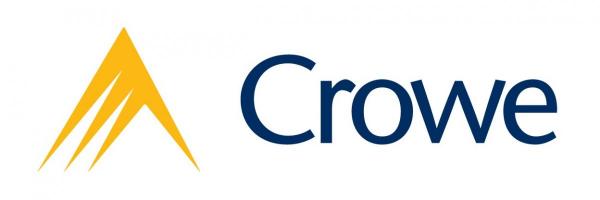Charity Accounts: Using The Statement of Recommended Practice
What is SORP?
SORP, the Statement of Recommended Practice, Accounting and Reporting by Charities was developed, in accordance with Accounting Standards Board guidelines, by the UK Charity Commission.
While Charities SORP is not currently a requirement outside the UK, many Irish charities have voluntarily adopted it in order to follow best practice in relation to accounting and reporting, and particularly to demonstrate the highest level of transparency and accountability for all their stakeholders. The most recent version is SORP 2015.
Throughout this article we refer to your charity’s trustees and a trustees’ report. For charities that are limited liability companies, your trustees are the same group of people as your board of directors. A trustees’ report is what companies will traditionally have known as their Directors’ Report.
Why Use the SORP Standard?
SORP requires a high level of transparency in financial reporting and an in-depth report on the charity's activities by the trustees. By adopting the standard, charities can demonstrate their commitment to a very high level of financial accountability. It is also an opportunity to show very clearly the achievements of the charity. This will support a charity and the sector as a whole in building the trust and confidence of the public in our work.
It is also likely that SORP will be adopted for financial reporting for certain sizes of Irish charities once the Charities Regulator introduces financial reporting guidelines and, therefore, many charities are adopting SORP in anticipation of this requirement.
The overall objectives of the SORP include:
- improving the quality of financial reporting
- enhancing the relevance, comparability and understanding of information presented in accounts;
- providing clarification, explanation and interpretation of accounting standards and of their application in the charity sector
- assisting those who are responsible for the preparation of the Trustees’ Annual Report and Accounts
Format of SORP Accounts
The key aspects of a SORP-compliant set of accounts include:
- Trustees’ Annual Report
- Statement of Financial Activities (SoFA)
- Statement of Financial Position (Balance Sheet)
- Notes to the Accounts
Trustees’ Annual Report
The primary purpose of the Trustees’ annual report is to ensure that the charity is publicly accountable to its stakeholders. All charities must report:
- Objectives & Activities
- Achievements & Performance
- Financial Review
- Structure, Governance & Management
- Administrative Details
The Trustees’ Annual Report requires a qualitative review by the Trustees of the charities activities in the year. Including details of the objectives, aims, strategy and major activities undertaken by the charity. It should also contain reports on achievements and performance in an informative and meaningful manner. A statement of directors’ responsibilities regarding the financial statements is required along with a risk management statement. Trustees must make an assessment of their charity’s ability to continue as a going concern (12 months from the date of accounts approval).
Statement of Financial Activities (SoFA)
One of the main differences between the accounts of a charity and that of a commercial entity is the format of disclosing incoming and outgoing resources between restricted and unrestricted funds and the analysis of movements on such fund balances in the charity’s accounts.
The SoFA is a single accounting statement that includes all income, gains, expenditure and losses recognised for the reporting period. It is prepared using a columnar format and incoming resources and resources expended are separated between restricted and unrestricted funds.
Funds held in reserves can fall into the following categories:
- Designated funds are unrestricted funds that have been earmarked for a particular purpose by the Trustees
- General funds are unrestricted funds which have not been earmarked and may be used generally to further the charity’s objects
- Restricted funds are funds held for a purpose as specified by the donor. These funds cannot be used for any other purpose.
- Endowment funds are donations that have been given to a charity to be held as capital
The financial statements should include a clear statement and details in respect of the charities reserves policy.
The charity must provide details of their total staff costs -pensions, redundancies and the charity must also disclose the average range of salary payments within bands of €10,000 starting at €60,000.
Preparing Your Trustees’ Report
The Good Governance Awards have provided very useful guidance on preparing a SORP compliant set of charity accounts. These guidelines, which you can download here (WORD doc), are useful in ensuring all requirements are met in a way that makes the accounts as user-friendly as possible.
Next Steps
1. read the full Statement of Recommended Practice

